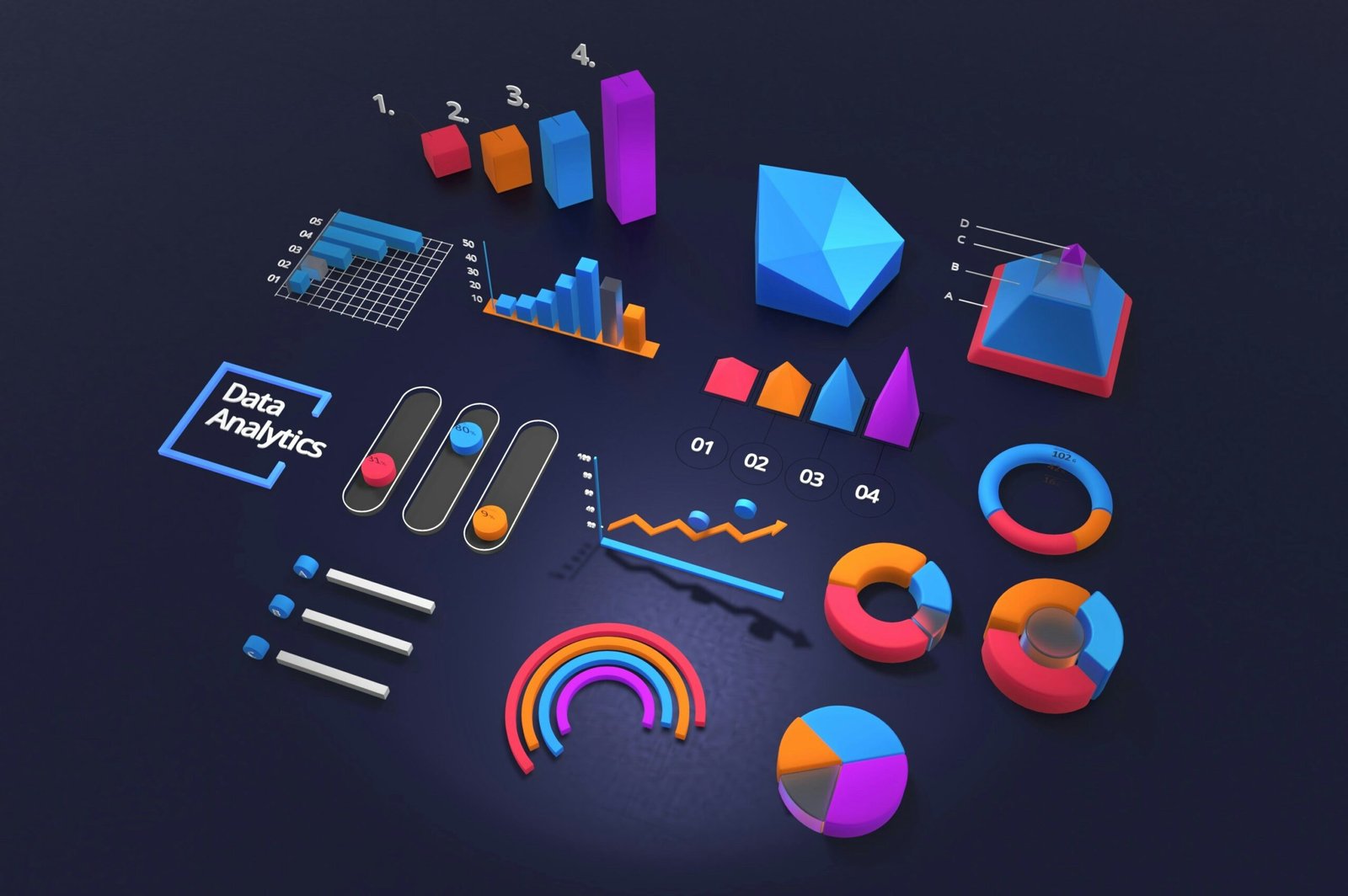
Introduction: The Evolution of B2B Sales
The landscape of B2B sales has undergone a significant transformation over the years. Traditionally, B2B sales relied heavily on face-to-face interactions, direct mail, and telephone calls, forming the backbone of business relationships. However, these conventional methods have given way to a more dynamic, digitized approach in response to technological advancements and shifting buyer behaviors.
Technological innovations have been pivotal in driving this evolution. The advent of the internet and digital technologies has equipped businesses with tools like customer relationship management (CRM) systems, automated marketing platforms, and data analytics. These technologies have enabled companies to streamline their sales processes, enhance customer experiences, and make more informed decisions. Moreover, the integration of artificial intelligence (AI) and machine learning (ML) has further revolutionized B2B sales by providing predictive insights and personalized marketing strategies.
Simultaneously, buyer behaviors have changed dramatically. Modern B2B buyers are more informed and prefer to conduct thorough research before making purchasing decisions. The availability of information online has led buyers to demand more transparency and expect high levels of engagement from sellers. Consequently, businesses must adapt by providing valuable content, leveraging social media, and employing customer-centric sales strategies to cater to these knowledgeable buyers.
Globalization has also played a crucial role in reshaping B2B sales. Companies are no longer confined to local markets; they can reach and interact with potential clients worldwide. This expansion necessitates a deep understanding of diverse cultures, market dynamics, and regulatory environments, compelling businesses to adopt more flexible and scalable solutions.
Given these profound changes, it is imperative for businesses to stay abreast of the latest trends and innovations in B2B sales. By doing so, they can remain competitive, create more responsive sales strategies, and effectively meet the evolving needs of their clients. Keeping pace with the evolution of B2B sales ensures long-term growth and sustainability in an increasingly complex and competitive market.
Key Trends Shaping the Future of B2B Sales
The landscape of B2B sales is undergoing a significant transformation, driven by key trends that are reshaping the way businesses engage with their clients. One of the most prominent trends is the rise of data-driven sales strategies. Companies are increasingly leveraging data to gain insights into customer behaviors, preferences, and purchasing patterns. This shift towards data-centric approaches allows sales teams to make more informed decisions, leading to enhanced targeting and better resource allocation.
Another major trend is the growing importance of personalization in the B2B sales process. In an era where buyers expect tailored experiences, generic sales pitches are becoming obsolete. Personalization involves customizing communications and offers to meet the specific needs and preferences of each client. This not only improves customer engagement but also builds stronger relationships, as clients feel understood and valued.
The adoption of artificial intelligence (AI) and machine learning (ML) for predictive analytics is also revolutionizing B2B sales. AI and ML can analyze vast amounts of data to predict future trends and outcomes, helping sales teams to anticipate customer needs and proactively address potential issues. This technology enables more accurate sales forecasting, efficient lead scoring, and timely identification of upsell opportunities.
Moreover, the increasing use of Customer Relationship Management (CRM) systems is playing a crucial role in optimizing sales processes. Modern CRM platforms integrate various functionalities such as lead management, sales tracking, and customer service, providing a centralized hub for all sales-related activities. These systems facilitate better collaboration among sales teams, streamline workflows, and enhance overall productivity.
Together, these trends are not only transforming sales processes but also redefining the buyer-seller relationship. By embracing data-driven strategies, personalization, AI and ML, and advanced CRM systems, businesses can stay ahead in the competitive B2B sales environment, delivering exceptional value and fostering long-term client partnerships.
Innovative Technologies Revolutionizing B2B Sales
The landscape of B2B sales is undergoing dynamic shifts, largely attributed to the advent of cutting-edge technologies. One significant innovation is the application of AI-powered chatbots. These virtual assistants facilitate prompt customer interactions and streamline the sales funnel by providing instant responses to inquiries, thereby enhancing customer satisfaction. Companies like Drift and Intercom have effectively leveraged AI chatbots to automate customer support and nurture leads, resulting in increased conversion rates and improved client retention.
Advanced data analytics is another transformative technology reshaping B2B sales. By harnessing large volumes of data, businesses can gain actionable insights into customer behavior, purchasing patterns, and market trends. Tools such as IBM Watson and Salesforce Einstein enable businesses to personalize their sales strategies, predict future sales, and identify high-potential leads. Consequently, organizations utilizing advanced data analytics report up to a 15% increase in their sales revenues.
Virtual and augmented reality (VR and AR) are also making a mark by enabling immersive product demonstrations. These technologies allow customers to experience products in a simulated environment, making it easier to understand their features and functionalities. Companies in the manufacturing and real estate sectors have particularly benefited from VR and AR, offering virtual tours and interactive product models. This not only enhances customer engagement but also shortens the sales cycle by providing a clearer understanding of the product’s value.
Blockchain technology is increasingly being recognized for its potential to bring transparency and efficiency to the B2B sales supply chain. By creating an immutable ledger of transactions, blockchain ensures that all parties involved have a clear and secure view of the supply chain process. IBM and Maersk’s “TradeLens” platform is a successful example, which has streamlined global shipping by reducing paperwork and improving data reliability, ultimately lowering operational costs.
These technologies are not merely trends but are fundamentally altering the way businesses approach sales. Companies that adopt these innovations are poised to not only enhance their operational efficiencies but also build stronger, more transparent relationships with their clients.
Preparing for the Future: Strategies for B2B Sales Success
In the rapidly evolving landscape of B2B sales, businesses must stay proactive to thrive. One crucial strategy is investing in continuous learning and upskilling for sales teams. As technological advancements reshape the marketplace, sales professionals must remain adept at using the latest tools and techniques. This encompasses not only technical proficiencies but also soft skills, such as effective communication and customer empathy, which are indispensable for fostering lasting client relationships.
Embracing digital transformation is another vital strategy. This goes beyond merely having an online presence; it entails harnessing technologies like artificial intelligence (AI), machine learning, and customer relationship management (CRM) systems to streamline sales processes and improve customer interactions. Digital transformation can facilitate personalized customer outreach, automate routine tasks, and provide valuable insights from data analytics, ultimately leading to enhanced efficiency and sales performance.
Fostering strong customer relationships remains a cornerstone for B2B sales success. Unlike B2C interactions, B2B relationships are typically long-term and require deeper engagement. Building trust and understanding clients’ unique needs can drive repeat business and referrals. Regular check-ins, providing exceptional service, and demonstrating value can significantly strengthen these relationships.
Leveraging data to make informed decisions is increasingly becoming a game-changer in B2B sales. Data-driven strategies enable businesses to identify trends, measure performance, and predict customer behavior with greater accuracy. Advanced analytics can offer insights into the effectiveness of different sales tactics, allowing companies to optimize their approach and tailor strategies to meet evolving market demands. Implementing robust data management systems ensures that decision-makers have access to accurate, real-time information, fostering responsive and informed decision-making.
Staying ahead of the curve requires a commitment to innovation and adaptability. Businesses that actively integrate continuous learning, digital transformation, strong customer relationships, and data-driven strategies into their operations will be well-positioned to maintain a competitive edge. Proactive adaptation to changes and a forward-thinking mindset will enable businesses to navigate the future of B2B sales with confidence and success.










